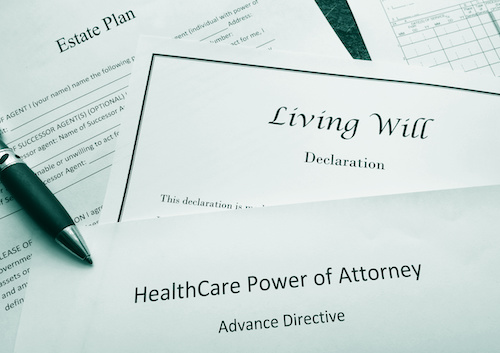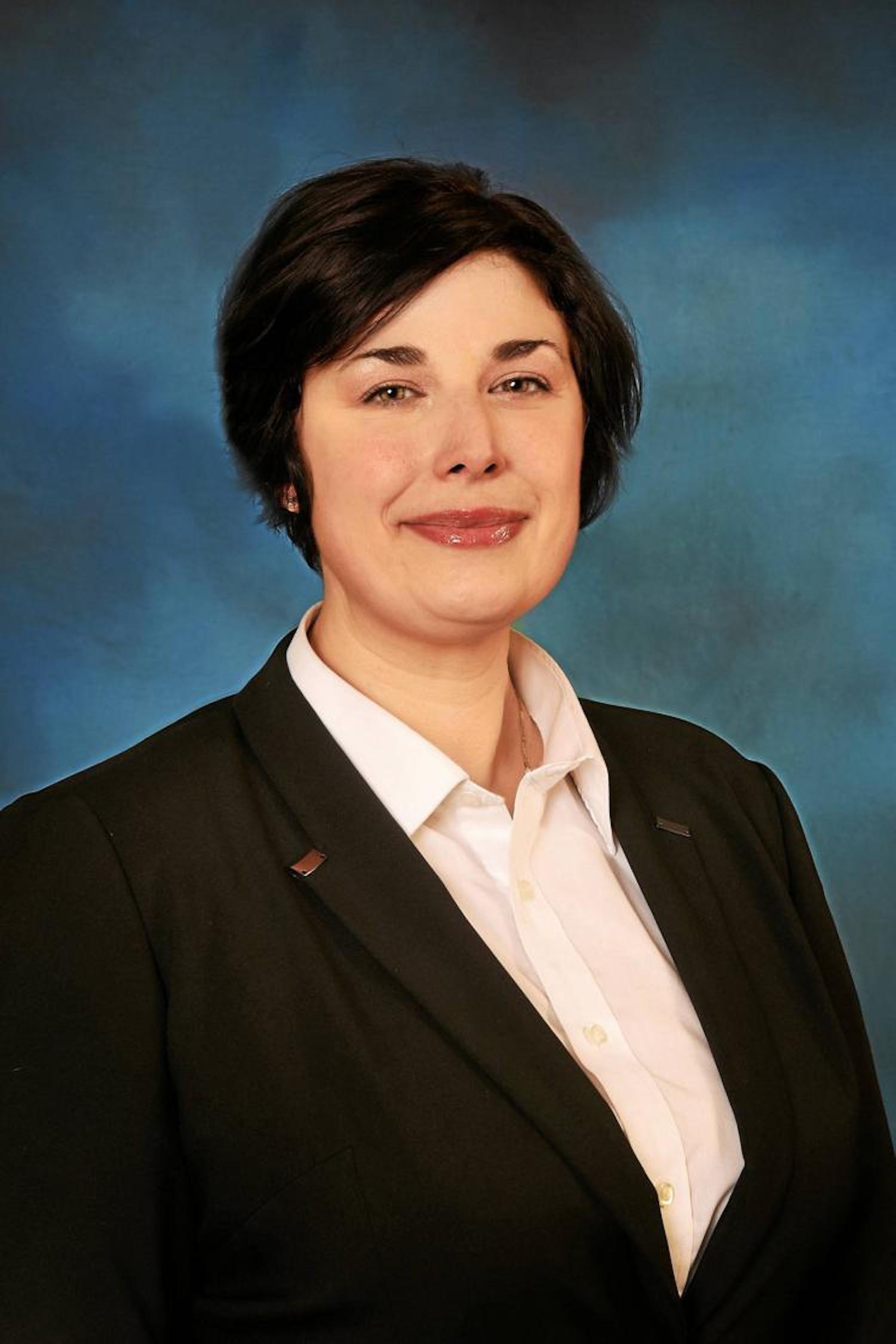“Even if you don’t feel like you don’t have many assets, still write down what you want to happen for what you do have,” Yesh said. “I’m a firm believer that every adult should have a will and an advanced directive at a minimum.”
And if your situation is simple — for example, not having multiple children or property — Yesh said you can go online for the paperwork and do one for free. Another thing that makes things a little easier for Michigan residents? You can also handwrite a will. “Unlike most other states, Michigan wills may be handwritten,” said Fallscheer, who’s worked in the non-profit estate planning for 20 years.
But whether you do the written work yourself— and it must be written, not spoken — or are guided by a professional, Fallscheer said there are some rules for it to be binding.
“In Michigan, will laws require the testator to be at least 18 years old and that it be signed by two competent witnesses.”
List one decision maker.
Many families have more than one child. To make things “fair,” Yesh said people often list all the children as will executors. That might work in some situations, but what happens if there are two children and they don’t agree?
“Well, you end up in court for a probate judge to decide, which is what you are trying to avoid in the first place,” he said.
To circumvent that, Yesh suggests choosing the person who you believe would be the best for the role. Yesh shared that he’s one of six children and his parents chose him to oversee their estate and make medical decisions because of his experience.
However, there’s not a rule saying the same person needs to be on all accounts: If a trusted family member is good with finances, have them oversee estate distribution. If you admire someone’s caregiving skills or they have a healthcare background, list that person on the medical advance directive.
“Different people have different skill sets. This is not playing favorites. It’s choosing the best person for the job.”
But no matter what you decide, be forthcoming with your family.
“To avoid surprises later you should have regular talks about your estate plan with your loved ones, as well as anyone who will be involved in carrying out your intentions, such as the executors or agents of any of your plans,” said Fallscheer.
Let people know if you are interested in making a gift to a non-profit.
Maybe you want to make an estate gift to the animal shelter where you adopted your furry family member, the college that connected you to your first job or the nonprofit that’s working hard to improve lives in your community.
Fallscheer said if someone is interested in leaving a bequest (or any other estate gift option) to a non-profit, the first step is to speak with your financial adviser or attorney. Although it’s not the reason people make planned gifts, it’s good to see if there are any tax benefits. For example, Fallscheer said a gift of stock can have large tax incentives.
Then reach out to the non-profit of your choice. “It is about the legacy that an individual wishes to leave behind. It’s a simple process that starts with a conversation to find out where you want to make a difference in the organization,” said Fallscheer, noting that you get to decide what type of impact you can have and the area you are interested in supporting — an example would be scholarships. “A planned gift allows your personal values to make a profound lasting impact. It allows an individual to give in the future, and it will not affect their current financial situation.”
If you need to help a loved one with planning, ask ‘What is your goal?’
Yesh said talking about wills, advanced directives, trusts and estate planning, can be difficult conversations to have with parents or loved ones you are caring for. He suggests starting the conversation with questions like “What is your goal?” or “What is it that you want to happen?”
“Do not ask about the transfer of the money. Let them bring that up through answering those questions,” Yesh said.
If you still get resistance, Yesh said it’s ok to let them know that you are asking so you can do what they want, which eases your burden of having to guess. He said that gives an understanding of why you want to know and offers a pathway to discussion. “Tell people what you want now when you are healthy and of sound mind. And have them tell you while then can,” Yesh said. “Be transparent so your wishes are known and others can see them through. Estate planning is not a scary or bad thing — instead of associating it with death, we really should see it as a part of life.”
If you have questions, please contact Fallscheer or Yesh. Yesh also writes a blog that covers a variety of financial planning topics.






